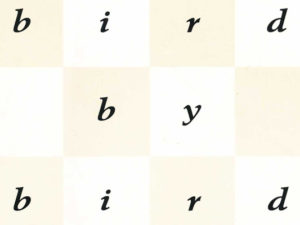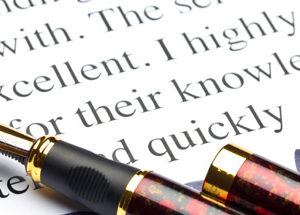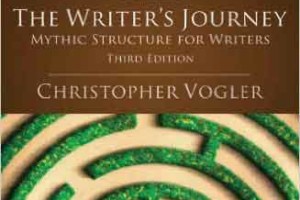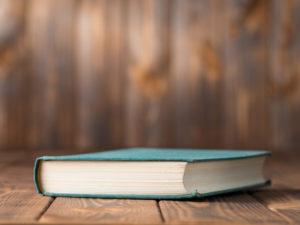
How to Write Faster
There are a lot of benefits to writing fast, if you can do it. The faster you write, the more works you can produce. If you write for a living, then theoretically, that means more money in less time. Many people write slowly or write only when they feel the urge, so jumping on the…Read More

Writing Tips For Staying on Your Game
Believe it or not, there are a few writing tips that we writers can steal from athletes, strategies that show us how to stay in shape and on top of our game. Athletes work hard even when they’re off the field. They spend hours practicing with their teams. They run miles around the track when…Read More

Writing Resources: Bird by Bird
This post contains affiliate links. Bird by Bird is a classic book on writing. You’ll hear about it in writer circles, at workshops, and it will appear on book lists by some of your favorite authors. This book had been sitting on my to-read list for years by the time I got around to reading…Read More

Punctuation Marks: The Serial Comma
When you use commas to separate items in a list or series, do you include a comma before the conjunction near the end of the list? For example: I write poetry, fiction and creative nonfiction. (This sentence does not use a serial comma.) or I write poetry, fiction, and creative nonfiction. (This sentence does use…Read More

Getting Creative with Essay Writing
Today I’d like to share an excerpt from my book, Ready, Set, Write: A Guide to Creative Writing. This is from a chapter titled “Essay Writing,” which emphasizes the creative aspects of writing essays rather than the academic aspects. Essay Writing The word essay comes from the French word essayer, which means “to try” or “to attempt.” An essay…Read More

Tips for Crafting Language
Have you ever stopped to think about how many different types of writers there are? Novelists, biographers, bloggers, copywriters, poets, screenwriters, and playwrights — just to name a few. Within each type of writing we can find areas of specialization. Some biographers write about celebrities; others focus on politicians. Copywriters can specialize in ad copy…Read More

The Writer’s Journey: A Must-Read for Storytellers
This post contains affiliate links. If you read only one book on storytelling, make it The Writer’s Journey by Christopher Vogler. Over the years, I’ve read a lot of books on writing fiction. Many have been helpful, but some have left me feeling disappointed, especially those that promise their methods will result in a successful…Read More

A Selection of Journal Prompts from 1200 Creative Writing Prompts
Today’s journal prompts are taken from my book, 1200 Creative Writing Prompts, which is filled with inspiration for writers and includes prompts for writing fiction, poetry, and creative nonfiction. The journal prompts in the book are found in the creative nonfiction section. They urge you to think about your personal experiences, beliefs, and ideas and…Read More

From 101 Creative Writing Exercises: Quoteworthy
Today’s post is an excerpt from 101 Creative Writing Exercises. This exercise is called “Quoteworthy.” It’s from “Chapter 4: Speak Up.” Enjoy! Quoteworthy One of the greatest achievements a writer can make is writing prose that is quoteworthy. Many great lines and slang words or phrases have come to us from plays, books, poems, and…Read More

Genres: Literary Fiction vs. Everything Else
In creative writing, we talk about form and genre. Form is what we write: fiction, poetry, or creative nonfiction. Genre is how we further classify each of these forms. In fiction writing, there’s literary fiction and everything else. In fact, literary fiction and all the other genres are so at odds with each other that…Read More



